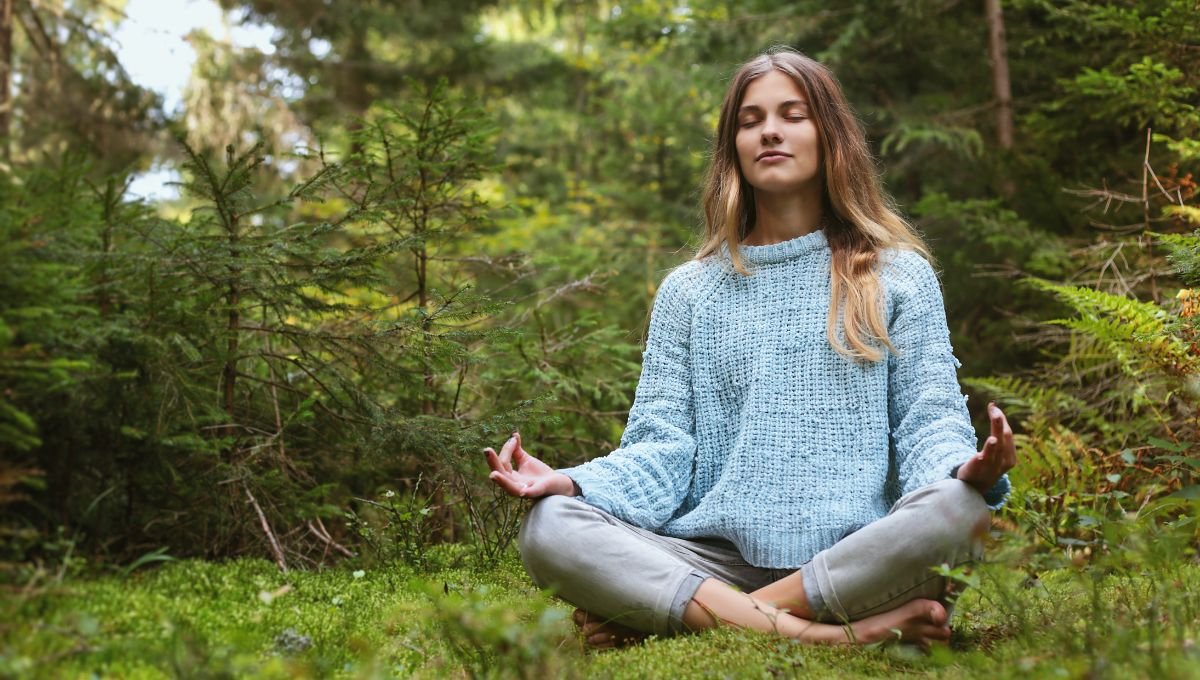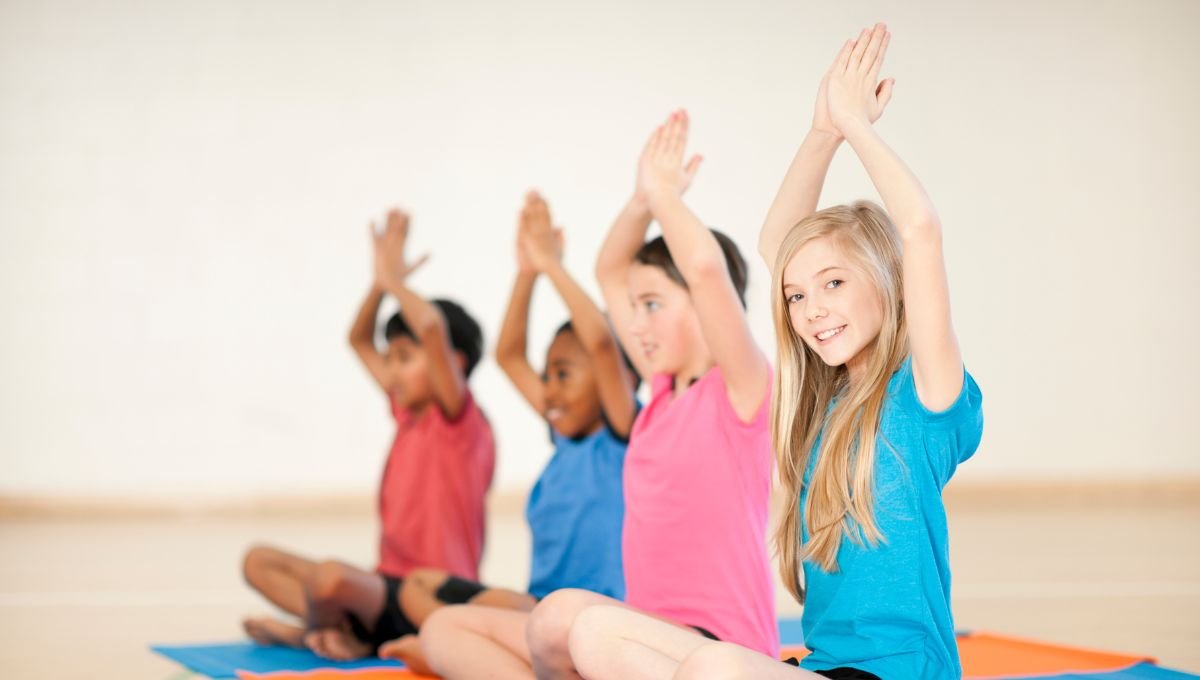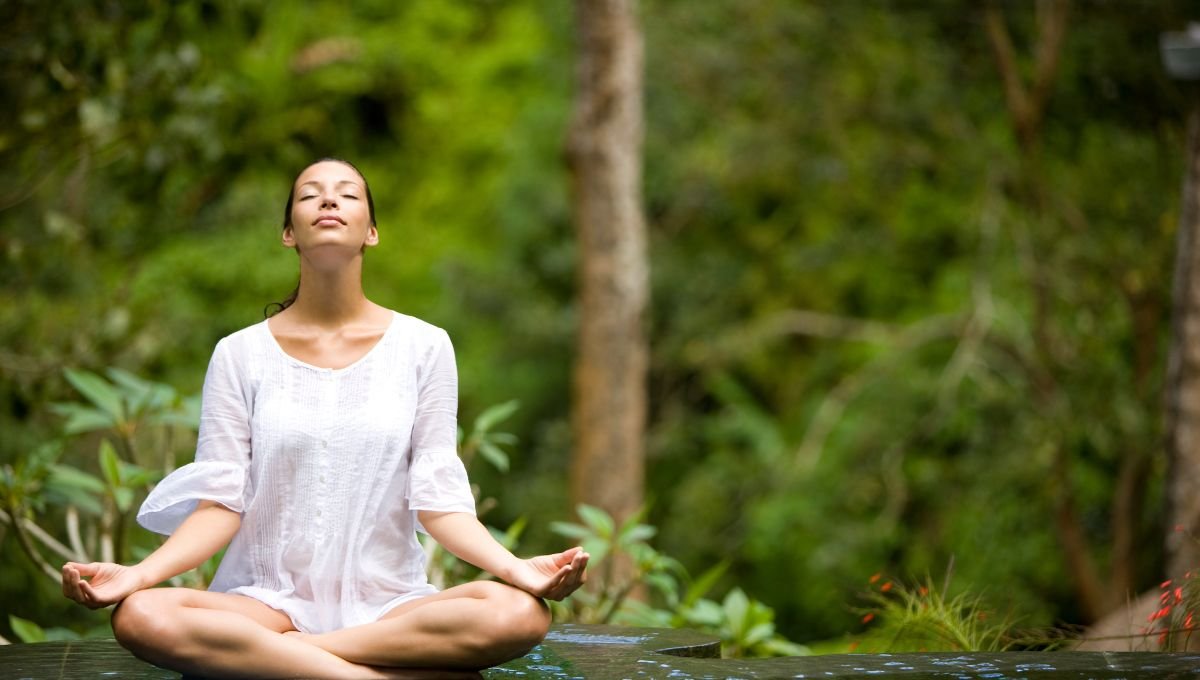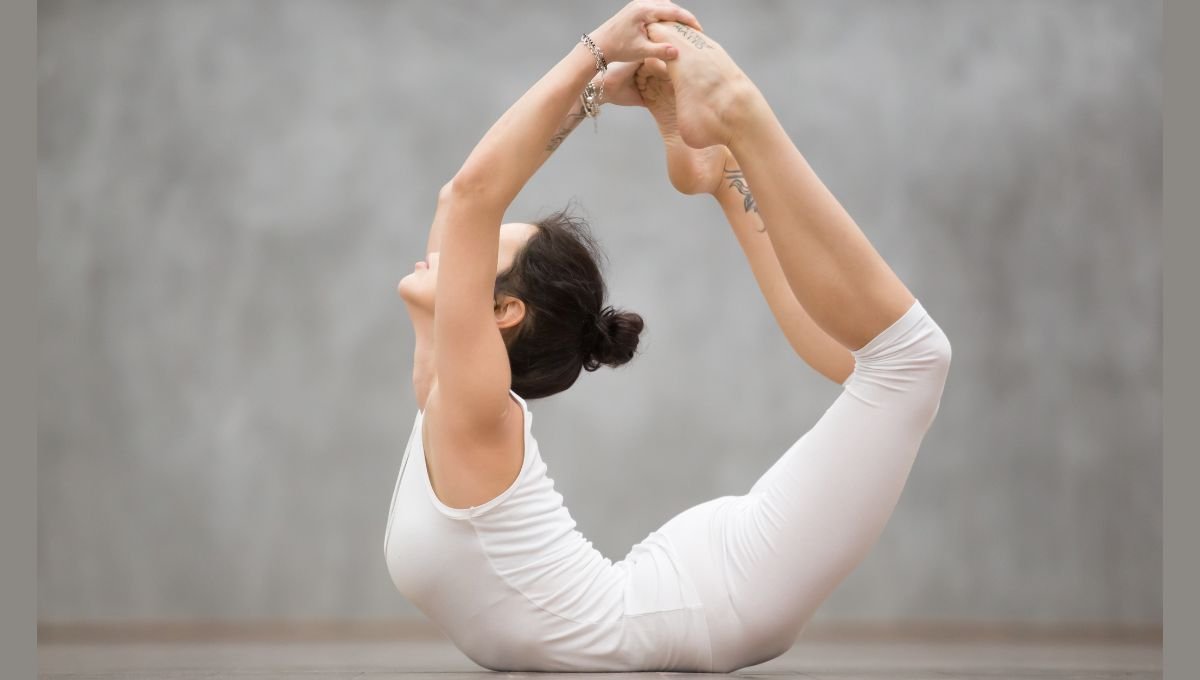Meditation Demystified: Comprehensive Guide to Embracing Inner Peace and Well-being through Meditation
Introduction to Meditation for Stress Relief
In the midst of the hustle of present-day life, meditation stands out as a signal of quietness. As indicated by the Public Place for Corresponding and Integrative Well-being, more than 14% of Americans have attempted meditation, with many going to the training for its demonstrated pressure-help benefits. Meditation demystified starts with understanding its straightforwardness and availability, making it an ideal practice for novices looking for harmony and mental lucidity.

Grasping Meditation
What is Meditation?
Meditation includes preparing your psyche to concentrate and divert your considerations. It tends to be an incredible asset for upgrading quiet, expanding concentration, and lessening pressure.
How Does Meditation Help Pressure Alleviation?
Normal meditation practice assists with bringing down degrees of stress chemicals, similar to cortisol, and advances unwinding by upgrading the body’s unwinding reaction.
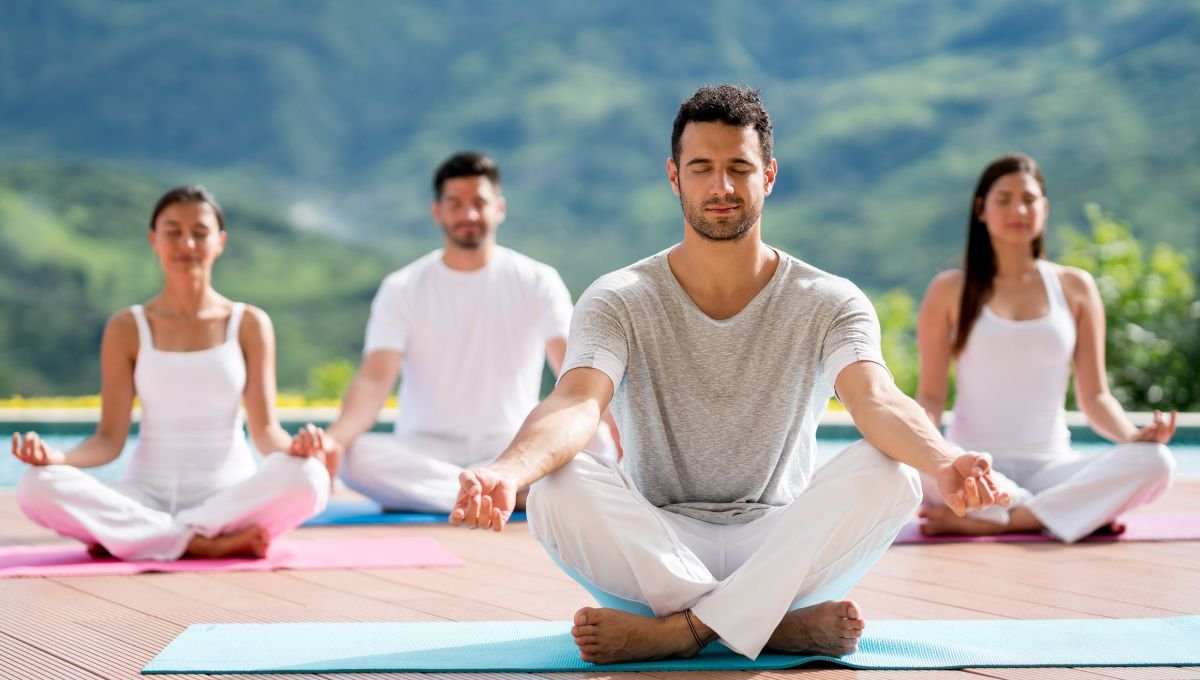
Beginning Your Meditation Practice
Establishing the Right Climate
Find a tranquil space where you will not be upset. This can be an edge of your room committed to unwinding, liberated from interruptions and clamor.
Saving Time
Begin with only a couple of moments every day. Early morning or night are ideal times, permitting you to plan for the day ahead or loosen up before rest.

Step-by-Step Manual for Meditation
1. Pick Your Style
From care meditation to centered consideration or even directed meditations by means of applications like Headspace (headspace.com), pick a style that impacts you.
2. Settle in
Sit in an agreeable position, either on a seat or on the floor, with your back straight but not firm.
3. Center around Your Breath
Start by taking profound, slow breaths. Breathe in through your nose and breathe out through your mouth, zeroing in on the mood of your relaxing.
4. Recognize Interruptions
Your psyche will meander. This is ordinary. Delicately return your concentration to your breath without judgment.
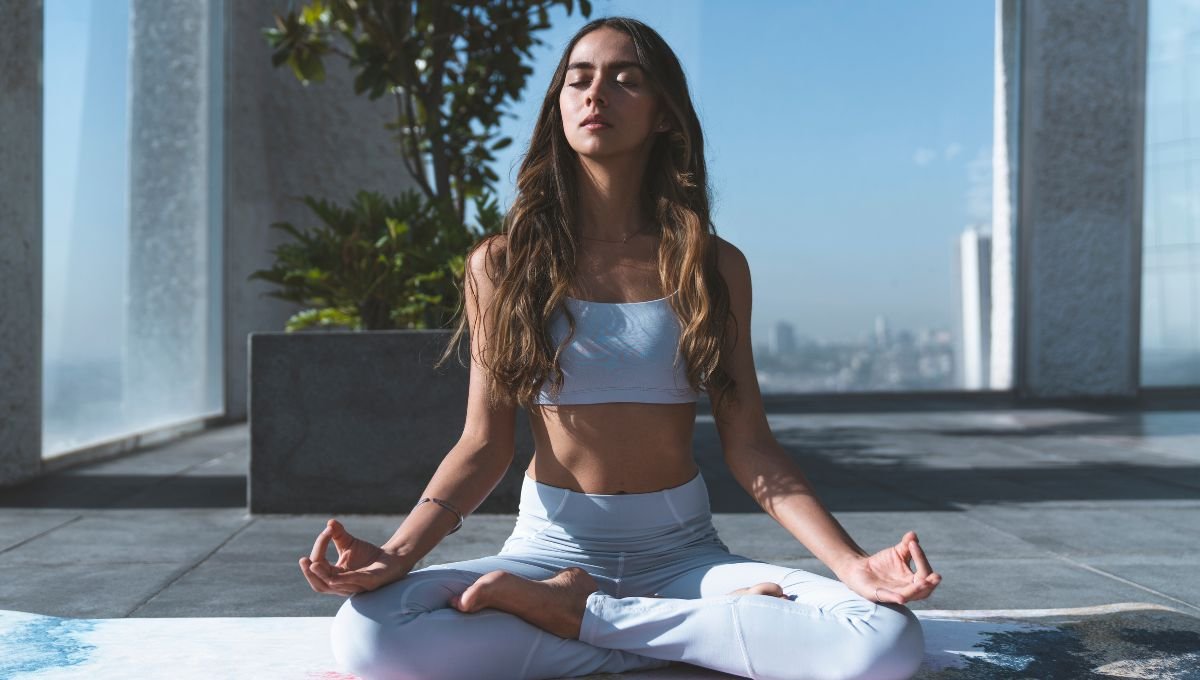
Advantages of Normal Meditation Practice
Mental and close-to-home well-being
Meditation can prompt superior mindfulness, lower levels of uneasiness and misery, and better, more profound wellbeing.
Actual well-being Upgrades
The review recommends that meditation can further develop heart wellbeing by lessening circulatory strain, improving rest, and reducing gastrointestinal troubles.
Things to Know about
Normal Difficulties
Numerous amateurs experience fretfulness or dissatisfaction from the get-go. Moving toward meditation with persistence and a receptive outlook is significant.
Staying away from Entanglements
Try not to rush the interaction or make ridiculous assumptions for sure harmony or illumination. Meditation is an expertise that improves with training.

Meditation and Innovation
In the present computerized age, different assets can assist you with contemplating all the more successfully. Applications like Quiet (calm.com) offer directed meetings and tips that are particularly useful for fledglings. Furthermore, online networks and instructional exercises can offer help and direction.
Meditation for Everyone
Meditation demystified isn’t tied in with dominating complex methods; it’s tied in with getting back to the essentials of mindfulness and recentness. It’s an instrument open to everybody, from occupied experts to understudies and even retired people looking for a better approach to work on their personal satisfaction. As additional individuals embrace the training, it keeps on shedding its otherworldly standing, uncovering its down-to-earth benefits.

End and Last Contemplation
Meditation, when covered in secret and obscure customs, has now been demystified and embraced worldwide as a direct and viable device for achieving mental harmony and actual wellbeing. This guide has strolled you through the fundamentals of starting your meditation practice, from understanding its center standards to taking on reasonable advances that facilitate the excursion towards inward quietness. Normal meditation diminishes pressure as well as works on generally close-to-home versatility, offering a safe haven of quiet in the frantic speed of present-day life.
Embracing meditation is likened to putting resources into your psychological prosperity. It requires negligible assets yet yields huge returns such as improved mental clarity, diminished uneasiness, and a significant feeling of prosperity. As you integrate these practices into your everyday schedule, you’ll probably see a shift towards a more careful and adjusted way of life.
Let this be your second step forward into an excursion of self-revelation and peacefulness. Devote a couple of moments every day to meditation, and watch as it changes your life with each breath in turn. Join the large numbers previously profiting from this old practice and begin your way to internal harmony today.

Much of the time, I got clarification on pressing issues (FAQs) Meditation Demystified
1. What is meditation, and how can it help?
Meditation is a training where a singular purpose or strategy, like care or zeroing in the psyche on a specific item, thought, or movement, is used to prepare consideration and mindfulness and accomplish an intellectually clear and sincerely quiet state. It helps by lessening pressure, further developing focus, and advancing close-to-home wellbeing.
2. Could meditation, at any point, truly lessen pressure?
Indeed, meditation has been demonstrated to altogether decrease pressure. It brings down cortisol levels, which are straightforwardly connected to pressure, and improves the unwinding reaction in the sensory system, assisting people with overseeing pressure all the more.
3. How long would it be advisable for me to ponder every day?
For amateurs, beginning with 5 to 10 minutes of meditation every day is useful. As you become more OK with the training, you can step by step build its span. Consistency is vital to encountering the advantages of meditation.

4. What is the best time of day to think?
The best opportunity to ponder relies on your own timetable and when you can have calm, continuous time. Many individuals track down meditation best when rehearsed first thing or last thing around evening time.
5. Are there various sorts of meditation?
Indeed, there are various kinds of meditation, including care meditation, centered meditation, development meditations like yoga or jujitsu, and supernatural meditation, among others. Each type has various methods, however, they commonly revolve around the development of concentration and presence.
6. How would it be a good idea for me to respond on the off chance that my psyche meanders during meditation?
Mind-meandering is typical during meditation. At the point when you notice your psyche floating, delicately take your consideration back to your breath or the point of convergence of your meditation without judgment. Standard practice works on your capacity to keep up with the center.
